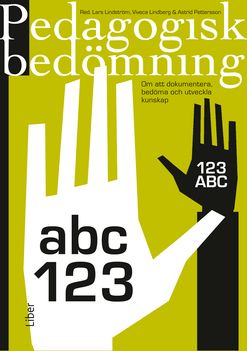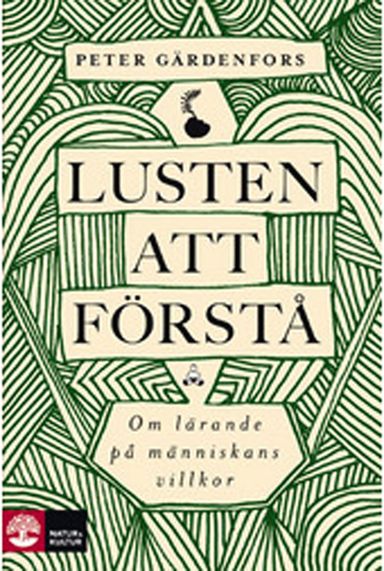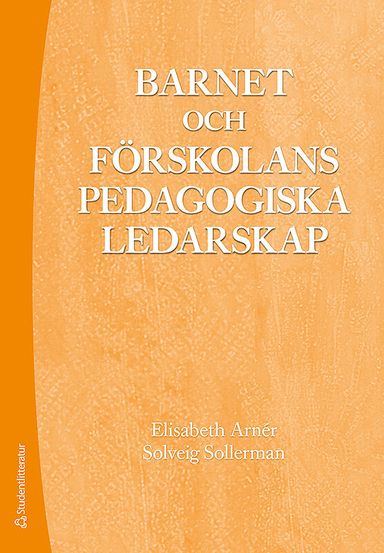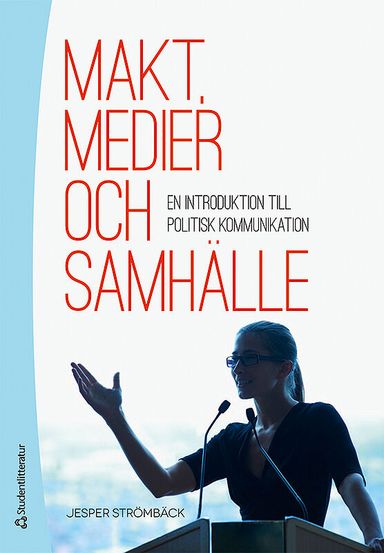

On morality and society : selected writings Upplaga 3
- Upplaga: 3e upplagan
- Utgiven: 1975
- ISBN: 9780226173368
- Sidor: 300 st
- Förlag: Chicago
- Format: Häftad
- Språk: Engelska
Om boken
Emile Durkheim is best known in this country as a great sociologist and methodologist. Yet it was Durkheim's reflections on morality and society that spoke most deeply of his vital concerns. In his informative introduction to this work, Robert N. Bellah describes Durkheim as moralist, philosopher, theologian, and prophet, as well as sociologist, and the selections in this volume are representative of these aspects of Durkheim's many-faceted scholarship. The first two selections of the volume set the context for the development of Durkheim's sociology of morality. Section I, "The French Tradition of Social Thought," gives Durkheim's picture of how his sociology is to be situated relative to the general French tradition. Section II, "Sociology and Social Action," shows Durkheim grappling with moral and political issues in his society and indicates the immediate social context of his thinking. The remaining selections indicate some of the major substantive areas of Durkheim's sociology of morality. Section III, taken from The Division of Labor in Society, demonstrates his basically evolutionary approach to the development of moral norms in society. Section IV, "The Learning of Morality," gives examples of Durkheim's work on socialization. Section V, "Social Creativity," deals with the important question of how new moral norms arise in society.
Åtkomstkoder och digitalt tilläggsmaterial garanteras inte med begagnade böcker
Mer om On morality and society : selected writings (1975)
I februari 1975 släpptes boken On morality and society : selected writings skriven av Émile Durkheim. Det är den 3e upplagan av kursboken. Den är skriven på engelska och består av 300 sidor. Förlaget bakom boken är Chicago.
Köp boken On morality and society : selected writings på Studentapan och spara uppåt 19% jämfört med lägsta nypris hos bokhandeln.
Referera till On morality and society : selected writings (Upplaga 3)
Harvard
Durkheim, É. (1975). On morality and society : selected writings. 3:e uppl. Chicago.
Oxford
Durkheim, Émile, On morality and society : selected writings, 3 uppl. (Chicago, 1975).
APA
Durkheim, É. (1975). On morality and society : selected writings (3:e uppl.). Chicago.
Vancouver
Durkheim É. On morality and society : selected writings. 3:e uppl. Chicago; 1975.



















